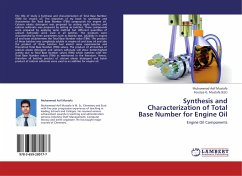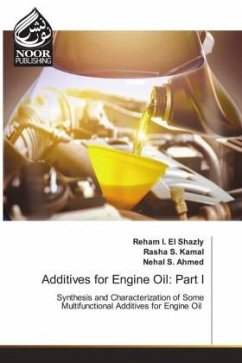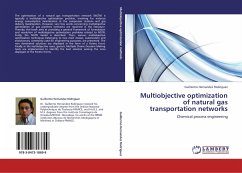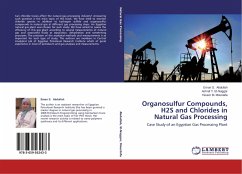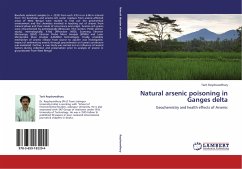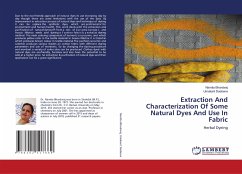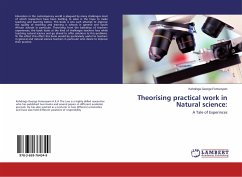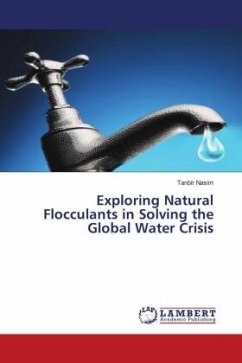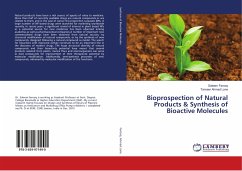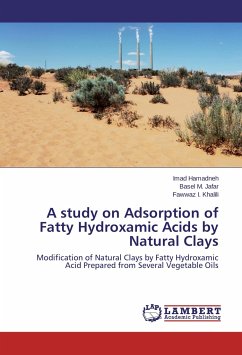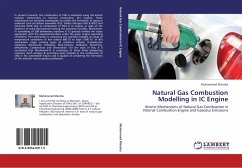
Natural Gas Combustion Modelling in IC Engine
Kinetic Mechanisms of Natural Gas Combustion in Internal Combustion Engine and Gaseous Emissions
Versandkostenfrei!
Versandfertig in 6-10 Tagen
52,99 €
inkl. MwSt.

PAYBACK Punkte
26 °P sammeln!
In present research, the combustion of CNG is simulated using the kinetic reaction mechanisms in Internal Combustion (IC) engines. These mechanisms are primarily investigated to predict the formation of gaseous pollutant such as Carbon monoxide (CO), Oxides nitrogen (NO & NO2) and ammonia (NH3) due to combustion of CNG in IC engine. In spite of the existence of some discrepancies among the simulation profiles, Mechanism-IV (consisting of 208 elementary reactions & 72 species) exhibits the closer agreement with the experimental data under the given engine operating conditions. This mechanism is...
In present research, the combustion of CNG is simulated using the kinetic reaction mechanisms in Internal Combustion (IC) engines. These mechanisms are primarily investigated to predict the formation of gaseous pollutant such as Carbon monoxide (CO), Oxides nitrogen (NO & NO2) and ammonia (NH3) due to combustion of CNG in IC engine. In spite of the existence of some discrepancies among the simulation profiles, Mechanism-IV (consisting of 208 elementary reactions & 72 species) exhibits the closer agreement with the experimental data under the given engine operating conditions. This mechanism is containing the reactions feasible at range of temperature conditions of low (below 800 K) to high (1000 K). In this mechanism, major primary types of reactions include; Unimolecular initiations, Bimolecular initiations, Beta-scissions, Oxidation, Branching, Metatheses, Combination and Dismutation. On the basis of this, it is concluded that Mechanism-IV is consisting of those kinds elementary reactions (both primary & secondary type) involved in the combustion of CNG in the automobile engine and is capable of predicting the formation of the selected criteria gaseous pollutants



